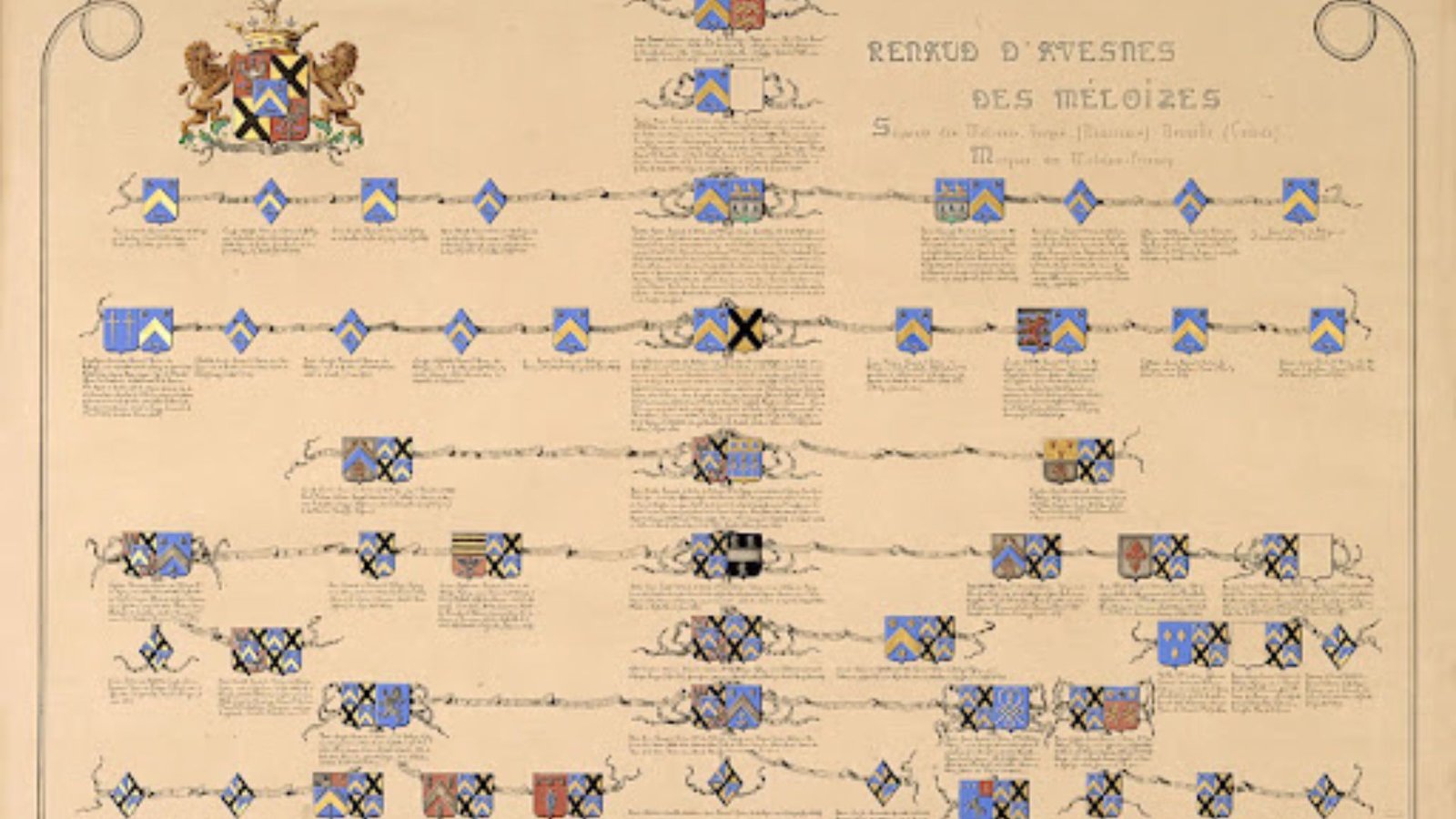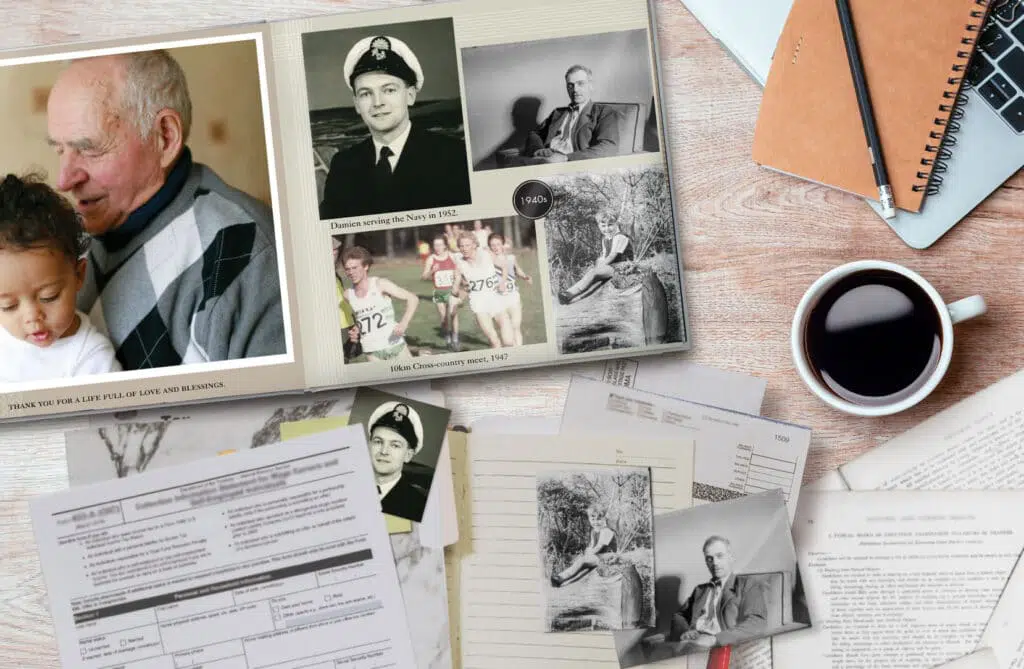Genealogy is a field that combines history, storytelling, and the pursuit of family heritage. Throughout the years, a number of influential books have shaped how we approach ancestry research, preservation of family history, and the understanding of genealogy as a discipline. From groundbreaking methodologies to inspirational accounts of family research, these books have had a lasting impact on genealogists, historians, and those passionate about tracing their roots.
1. “The Genealogist’s Companion and Sourcebook”
E. Wade Hone’s The Genealogist’s Companion and Sourcebook is often regarded as an essential reference for anyone serious about genealogy research. Published in the late 20th century, this book offers a comprehensive guide to the sources and methods used by genealogists. It covers both traditional research techniques and more modern approaches, including the use of online resources, making it a timeless resource for beginners and experts alike.
Impact: This book helped standardize and professionalize genealogical research, providing an in-depth look at the vast array of available sources, and serving as a foundational tool for those looking to document their family’s history.
2. “The Source: A Guidebook of American Genealogy”
The Source is widely regarded as one of the most influential books for genealogists researching American family histories. Edited by Loretto Dennis Szucs and Sandra Hargreaves Luebking, this comprehensive guidebook outlines essential resources, methodologies, and strategies for successful genealogical research. It includes advice on how to utilize a variety of sources such as census data, military records, land deeds, and immigration records.
Impact: This book has helped genealogists gain an understanding of the complexities of American records, and it serves as a key text in unraveling the genealogical challenges tied to American ancestry.
3. “A Dictionary of English Surnames”
Understanding surnames is an integral part of genealogy research, and A Dictionary of English Surnames by P.H. Reaney and R.M. Wilson has been a groundbreaking work in this area. The book provides detailed explanations of the origins, meanings, and history behind common English surnames, making it an invaluable resource for genealogists tracing their English roots.
Impact: This work helped genealogists better understand surname etymology and its relevance to family history, offering insights into regional naming conventions, occupations, and even geographic origins.
4. “Your Step-by-Step Guide to Creating a Family History Book”
For genealogists looking to create a family history book, Family First by Holly T. Reedy is a popular guide that walks readers through the process of documenting family stories and compiling genealogical data. It focuses on making family history accessible and meaningful, blending genealogy research with storytelling techniques to create a comprehensive family history book.
Impact: Reedy’s book provided a practical guide for those wanting to preserve family stories in a creative and organized manner, helping many genealogists bring their research to life in an engaging way.

5. “The Family Tree Guide to DNA Testing and Genetic Genealogy”
As genetic genealogy has become an increasingly important part of tracing family history, Blaine T. Bettinger’s The Family Tree Guide to DNA Testing and Genetic Genealogy stands as a pivotal resource for anyone exploring the world of DNA testing for family research. This book covers the basics of genetic genealogy, explaining how to use DNA testing to confirm family connections, trace ethnic origins, and break down genealogical brick walls.
Impact: This book brought clarity to the rapidly evolving world of genetic genealogy, helping researchers use DNA testing as a powerful tool to supplement traditional genealogical research. It has been particularly influential as genetic testing becomes more accessible to the public.
6. “On the Trail of the Ancestors”
David S. Ferriero’s On the Trail of the Ancestors is a notable book that connects the genealogical journey with historical context. Ferriero, the former Archivist of the United States, chronicles how genealogical research can be complemented by studying historical documents and public records. His book is a guide to navigating both family records and the national archives, allowing genealogists to enrich their family history with historical context.
Impact: This book bridged the gap between personal genealogy research and the broader historical record, making it a valuable resource for anyone interested in how the past shapes individual family histories.
7. “The Complete Book of Emigrants in Bondage”
Genealogy researchers often find it difficult to trace the paths of their ancestors who were part of the great waves of migration. The Complete Book of Emigrants in Bondage by Peter Wilson Coldham is a remarkable reference for anyone interested in tracing ancestors who were brought to America as indentured servants. The book documents the names and fates of thousands of indentured servants who came to the American colonies in the 17th and 18th centuries.
Impact: Coldham’s book uncovered a previously overlooked portion of history—indentured servitude—leading to a deeper understanding of the lives of early American settlers and the ways they shaped the country’s demographic makeup.
8. “The Genealogy of the First Settlers of New England”
James Savage’s The Genealogy of the First Settlers of New England is one of the most significant resources for anyone researching the early settlers of New England. First published in the 19th century, it offers genealogical details on the ancestors of early settlers in the region, documenting their families and histories in an extensive and organized manner.
Impact: This comprehensive work has influenced the study of New England genealogy, making it easier for researchers to trace their roots to early American pioneers, and it continues to be a key resource for genealogists interested in the region.
Conclusion
These influential genealogy books have had a profound impact on how genealogical research is conducted, shared, and preserved. They have shaped the field, providing researchers with tools, insights, and strategies for uncovering family histories and tracing ancestral roots. Whether you’re a beginner or an expert, these works continue to serve as essential resources for genealogists around the world.










